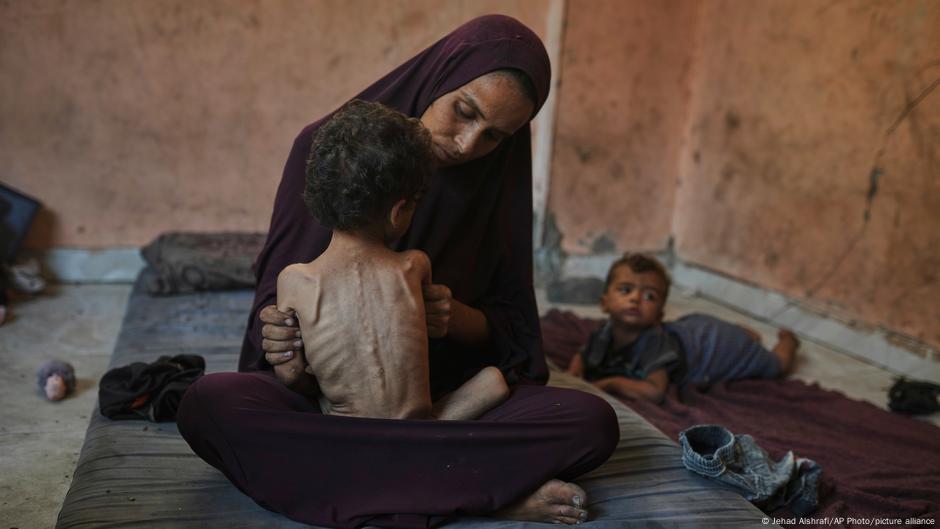T4K3.news
Aid groups condemn Israel's aid rules
More than 100 NGOs say new registration rules could weaponise relief and hinder lifesaving aid in Gaza and the West Bank.
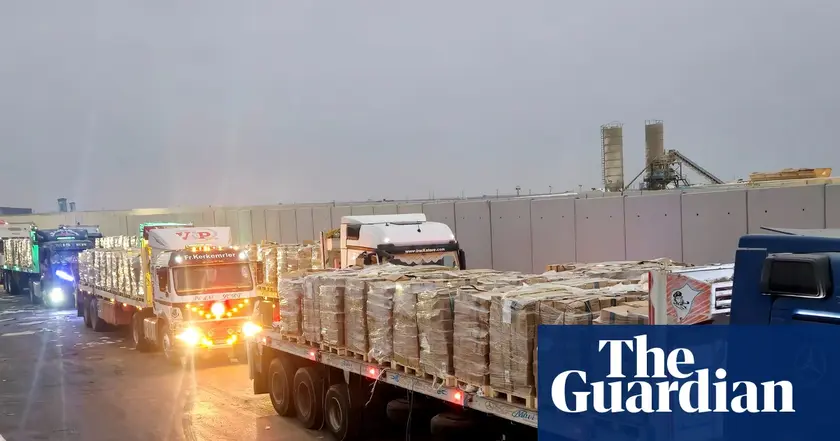
Humanitarian groups say Israel's new registration rules threaten relief delivery and staff safety in Gaza and the West Bank.
Aid Groups Accuse Israel of Weaponising Aid
More than 100 aid organisations operating in Gaza and the West Bank are challenging Israel's March registration rules, saying the system weaponises relief by requiring donor lists and details of Palestinian staff for vetting. The letter, signed by groups including oxfam, msf and care, argues the rules could let Israel block aid if organisations are deemed to delegitimise the state or back boycotts.
Under the new framework, a team led by the diaspora ministry can refuse registration if groups previously called for boycotts, if there is a reasonable basis to think they oppose Israel’s existence as a Jewish and democratic state, or if they actively advance delegitimisation activities. The NGOs say the measures violate European data privacy rules and have given some groups as little as seven days to comply. In July, 60 requests from 29 organisations were denied on similar grounds, hindering lifesaving shipments already slowed by a broader blockade.
Key Takeaways
"This obstruction has left millions of dollars’ worth of food, medicine, water and shelter items stranded in warehouses across Jordan and Egypt."
Cited in the NGOs' letter as a consequence of the registration delays
"Registration measures were designed to control independent organisations, silence advocacy and censor humanitarian reporting."
Statement from the aid groups about the intent of the rules
"This reality finally buries the idea of a Palestinian state, because there is nothing to recognise and no one to recognise"
Bezalel Smotrich on political plans linked to the broader conflict
"COGAT says aid groups are being used as cover by Hamas to exploit the aid"
Israeli military body's denial of the NGOs' critique
The move tests the boundary between security policy and humanitarian space. When aid is filtered through political tests, neutral relief can become a bargaining chip, risking a chilling effect that silences independent reporting and advocacy. Western allies have called for action to avert famine in Gaza, underscoring how humanitarian access sits at the intersection of policy, power and protection of civilians.
If the regime remains, donors may rethink funding and NGOs may be forced to chose between advocacy and access, threatening more than logistics. The policy also interacts with broader political dynamics in Israel, including the E1 settlement plan and the climate around a possible Palestinian state, showing how aid access is entangled with long term regional aims rather than just immediate aid freight.
Highlights
- Aid must reach people not paperwork
- Bureaucracy becomes a weapon when lives hang in the balance
- Relief cannot be hostage to political narratives
- Staff safety depends on clear, humane rules
Political and humanitarian risk from new aid registration rules
The rules touch on budget, security and sensitive political issues. They risk creating a backlash from international donors and worsening access to relief, potentially harming civilians in a climate of war and displacement.
The future of relief hinges on keeping aid channels open while protecting security concerns.
Enjoyed this? Let your friends know!
Related News
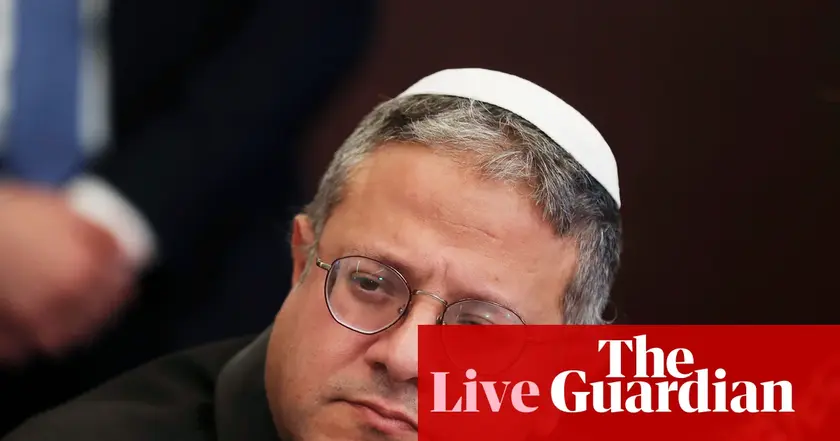
Israeli minister confronts Palestinian detainee in prison clip
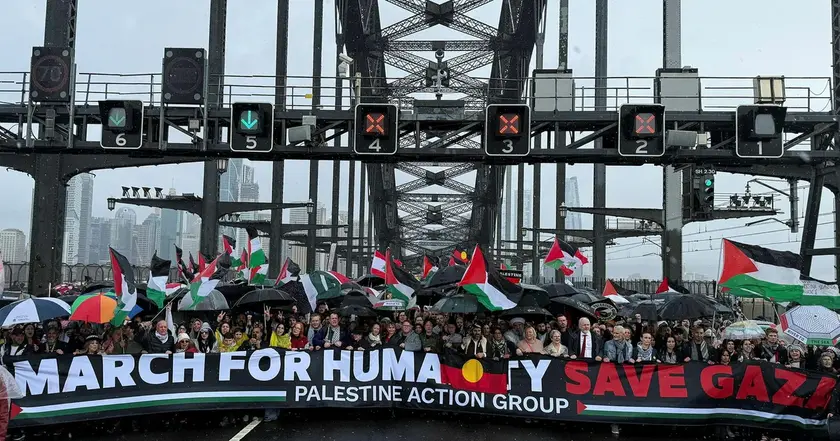
90,000 Attend Pro-Palestinian March in Sydney
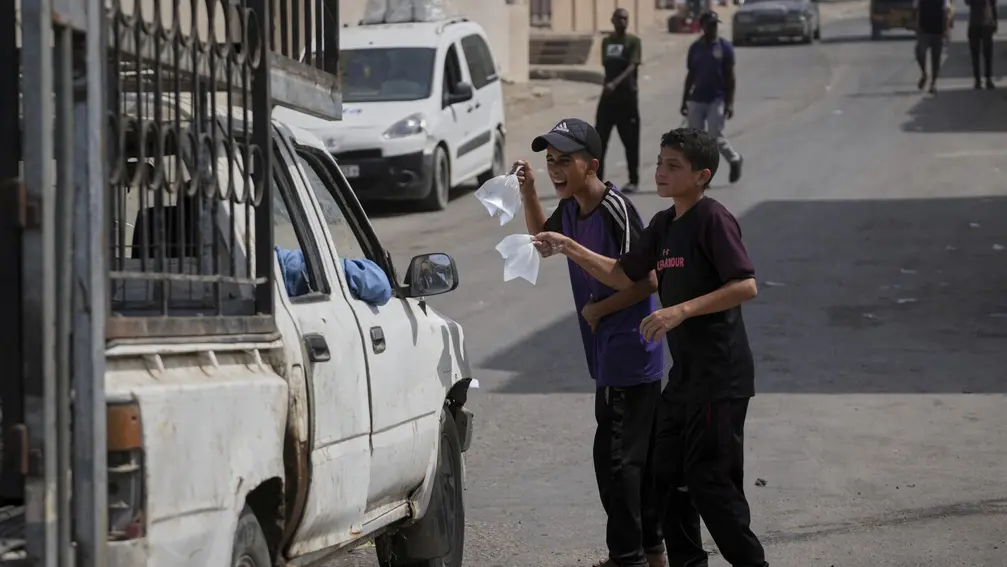
Aid Groups Demand End to Weaponization of Gaza Relief
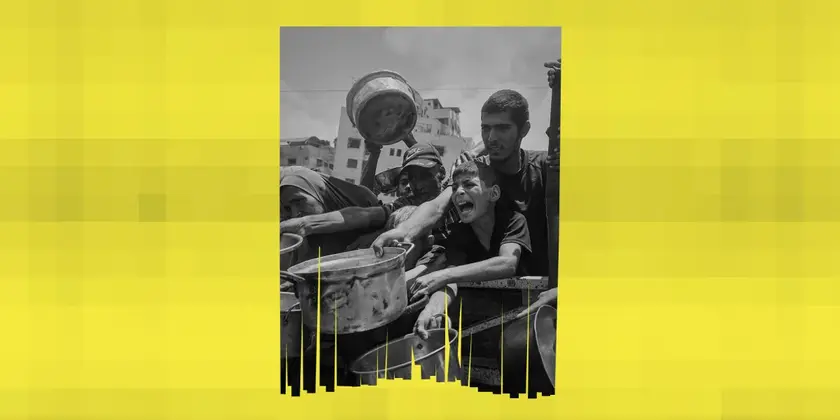
Human rights reports under political pressure
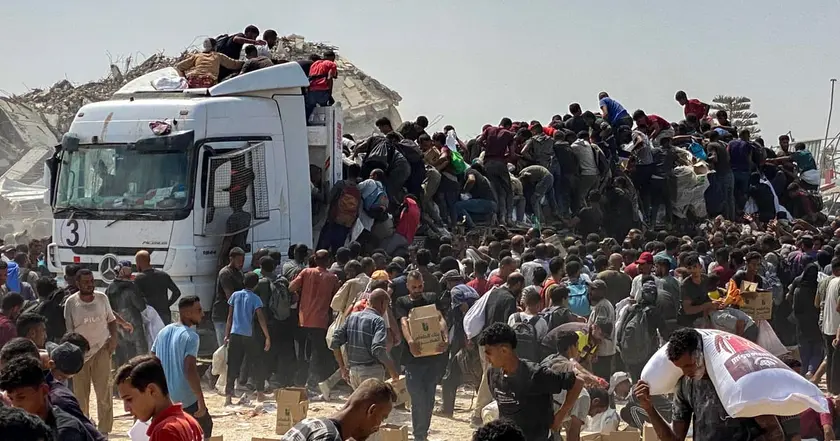
EU nations push to ease Gaza aid rules
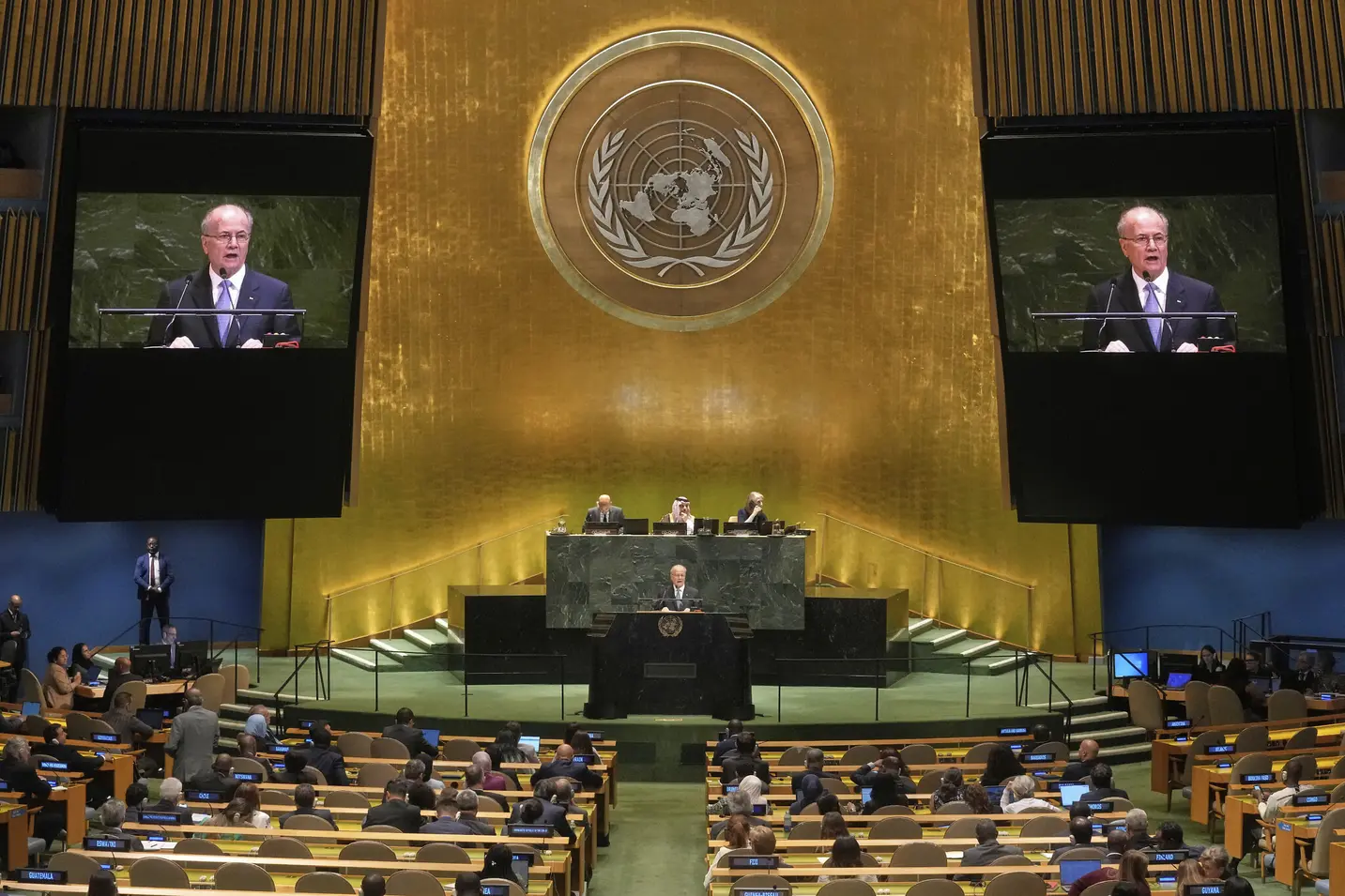
Arab League condemns Hamas and urges disarmament
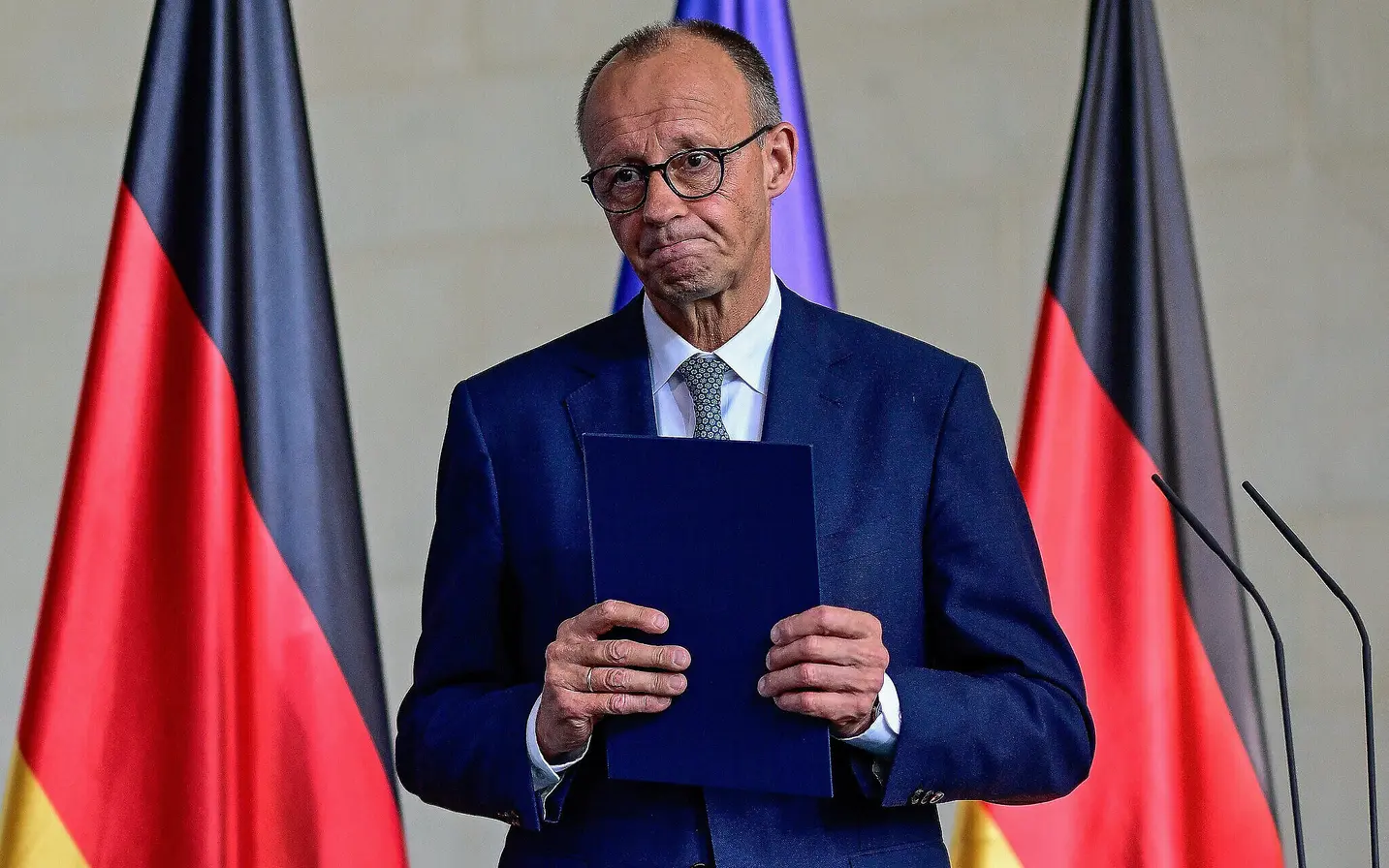
Germany suspends arms exports to Israel over Gaza plan
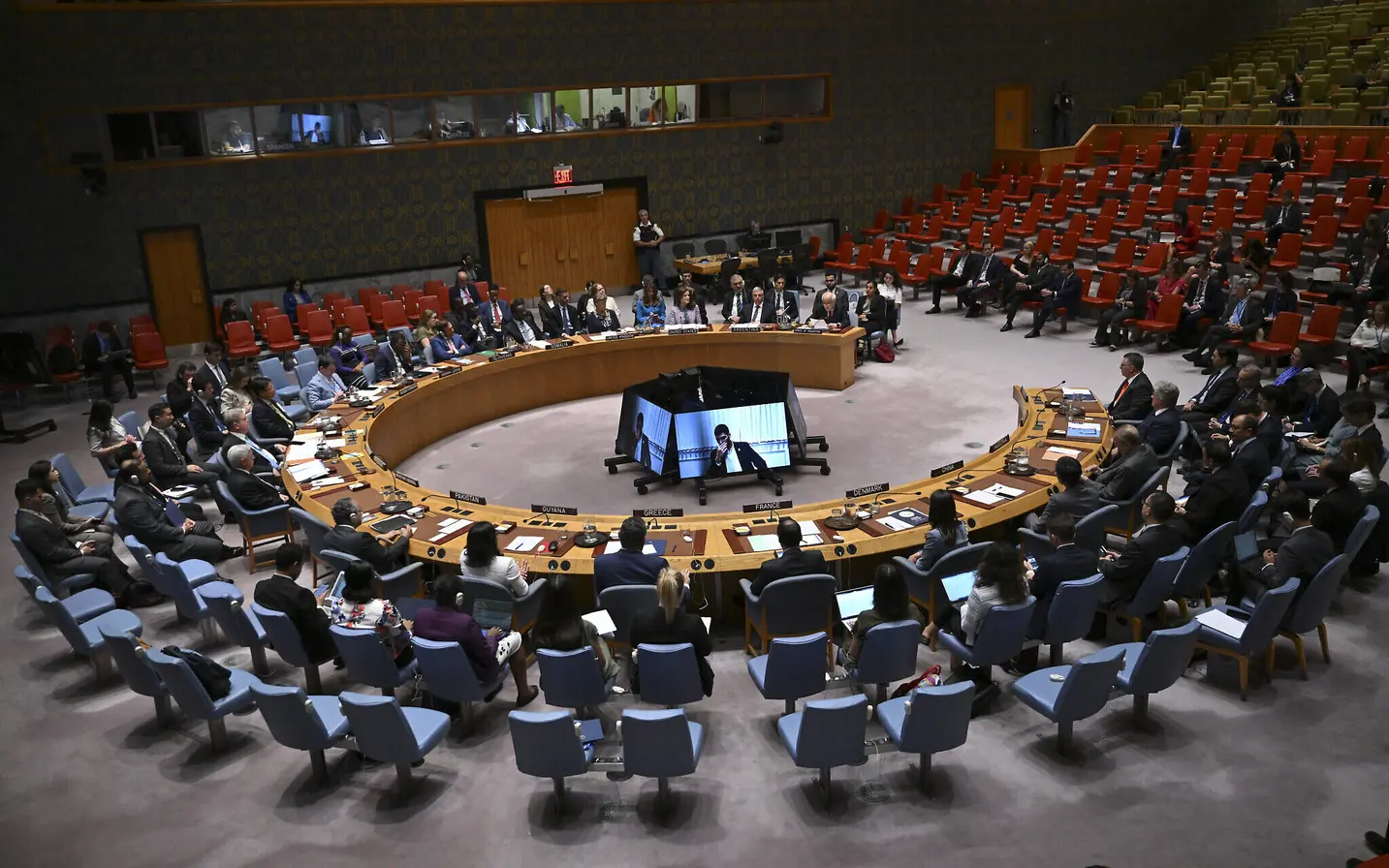
Israel Gaza City plan draws global condemnation
